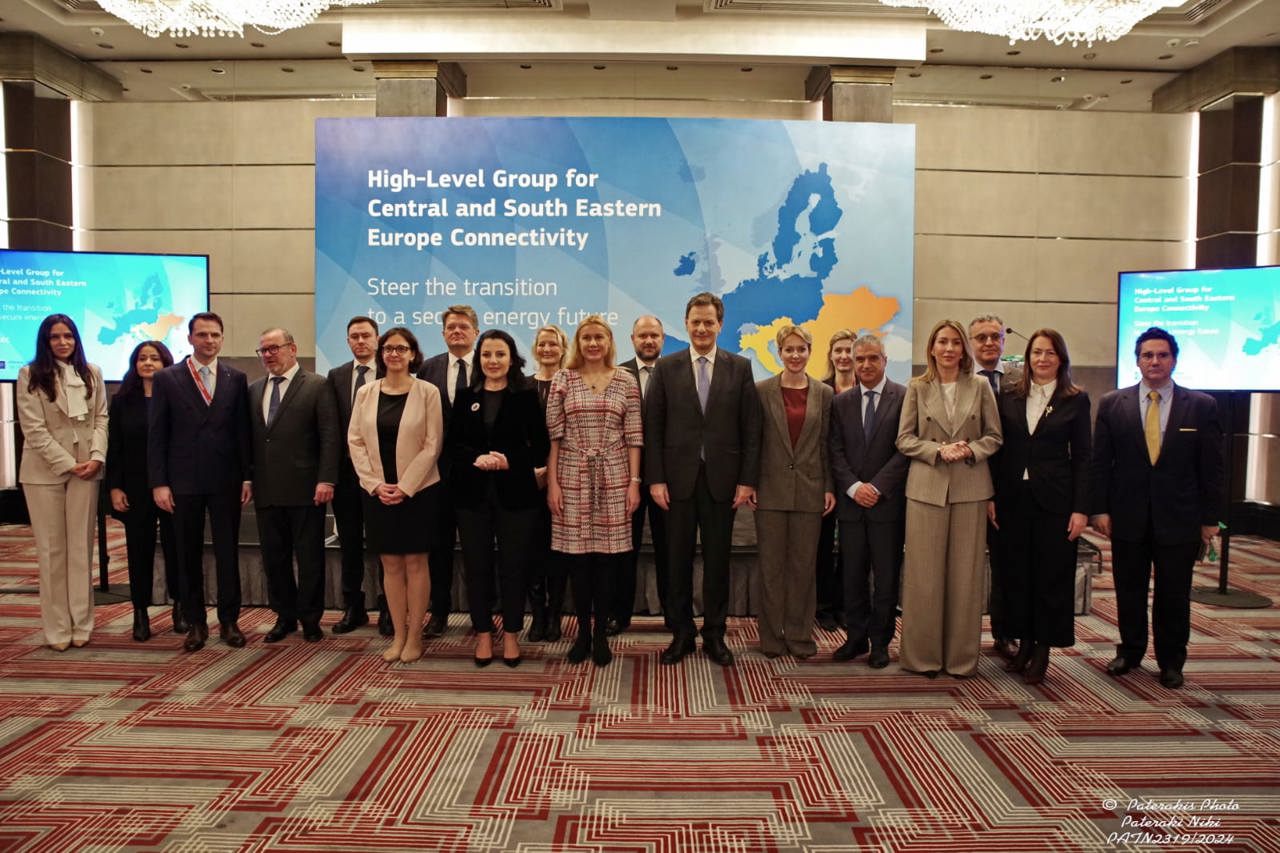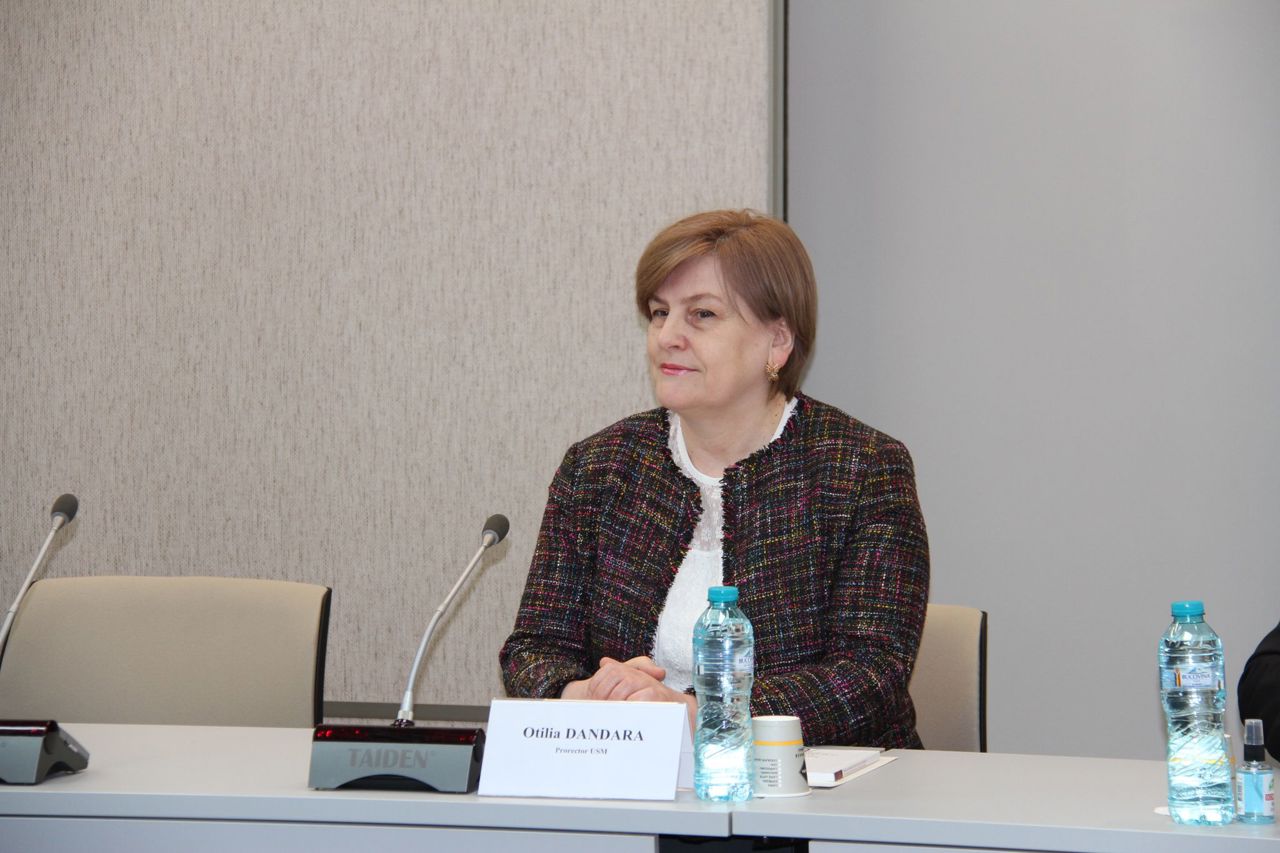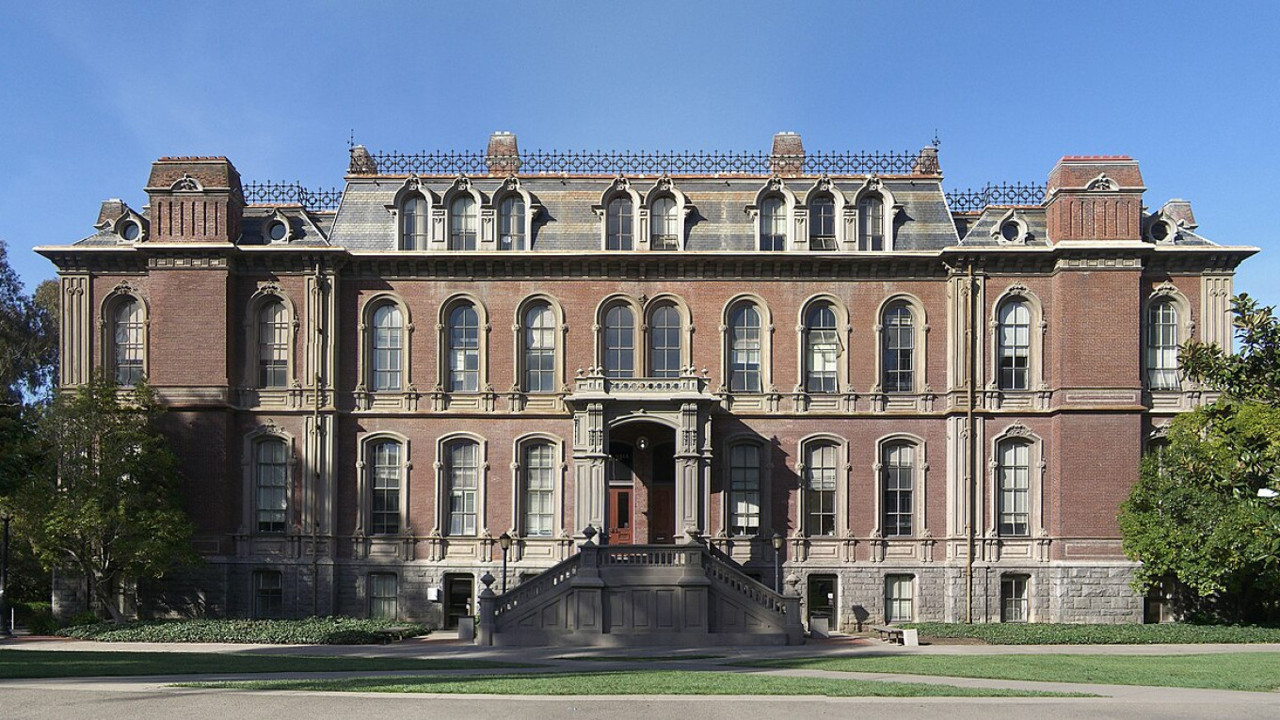The Republic of Moldova and Ukraine join the Vertical Gas Transportation Corridor. The benefits of this agreement
The Republic of Moldova and Ukraine have joined the vertical gas transport corridor, which currently includes Greece, Bulgaria, Romania and Hungary. The memorandum of understanding in this regard was signed by Vestmoldtransgaz, the natural gas system operator from the Republic of Moldova, at the Ministerial meeting on Energy Connectivity in Central and South-Eastern Europe, attended by the Minister of Energy, Victor Parlicov.

Launched in 2016, the vertical gas transportation corridor will now integrate the trans-Balkan gas pipeline and allow the transport of natural gas from Greece to the Republic of Moldova and underground storages in Ukraine. The pipeline will be able to transport both pipeline natural gas from Azerbaijan and liquefied natural gas (LNG) from the Revythoussa and Alexandroupolis terminals.
The first batch of liquefied natural gas destined for the Republic of Moldova will arrive in Alexandroupolis next week, representing a test purchase by Energocom. Later, it will be transported to our country.
The vertical gas transportation corridor is not a traditional single pipeline project, but a system that connects existing national gas networks and other gas infrastructures to ensure gas transit and thus contribute to energy security.
At the meeting in Athens, the gas system operators of the member countries also signed a memorandum regarding the expansion of the capacity of the Trans-Balkan gas pipeline and the reverse operation of the three pipelines, not just one, as at present.
According to the Ministry of Energy, although the trans-Balkan pipeline has a north-south capacity of 27 billion cubic meters per year, currently only 5 billion are available on the Romanian-Bulgarian border and 4 billion cubic meters on the Romanian-Ukrainian border. The Trans-Balkan gas pipeline has so far transported Russian gas to the Balkans via Ukraine, the Republic of Moldova and Romania, but remained inactive after Russia directed gas exports to the Balkans on the TurkStream 1 and 2 lines in 2020.





